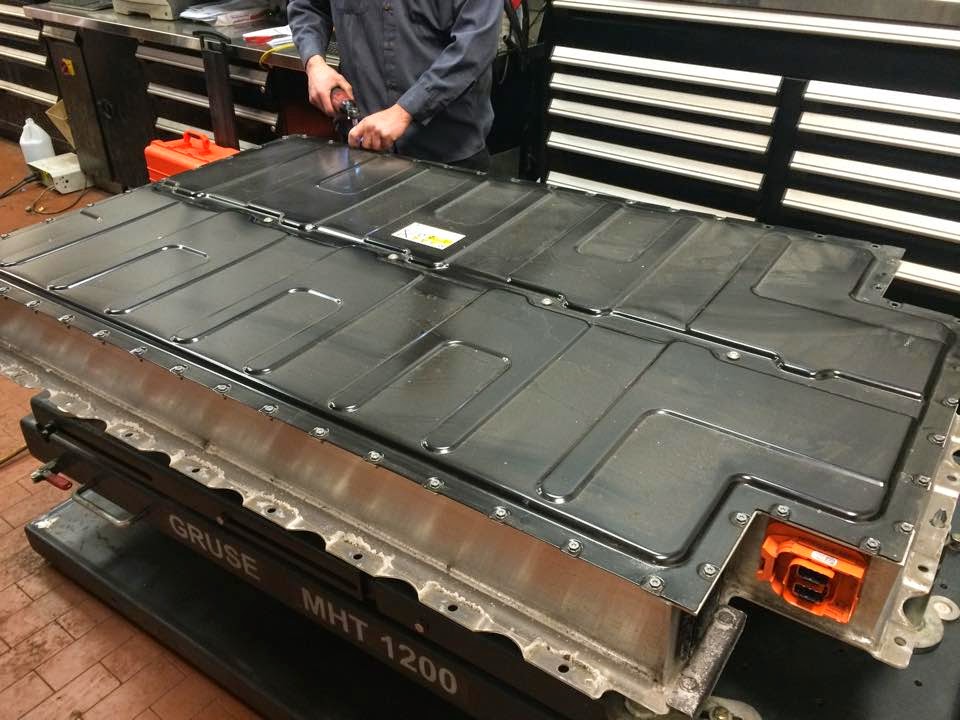jadnashuanh
Well-known member
At some point, BMW will use newer technology for their new i3's batteries. It is not a stretch for them to enable the new pack to fit into an original i3, as while they may change the exterior body panels or some of the interior design, they may not need to change the core of the vehicle - an advantage of the bolt on panels, you can change the look fairly easily. Since so much of it is software, adding features may not be all that hard to do, either. I just don't see a typical EV wearing out like an ICE does. ICE, with their reciprocating parts and all of the heat and combustion by products, just isn't as long lived as an electrical motor, and, when coupled to the single speed transmission like in the i3, that part should last a very long time as well. It's a different mind set.

